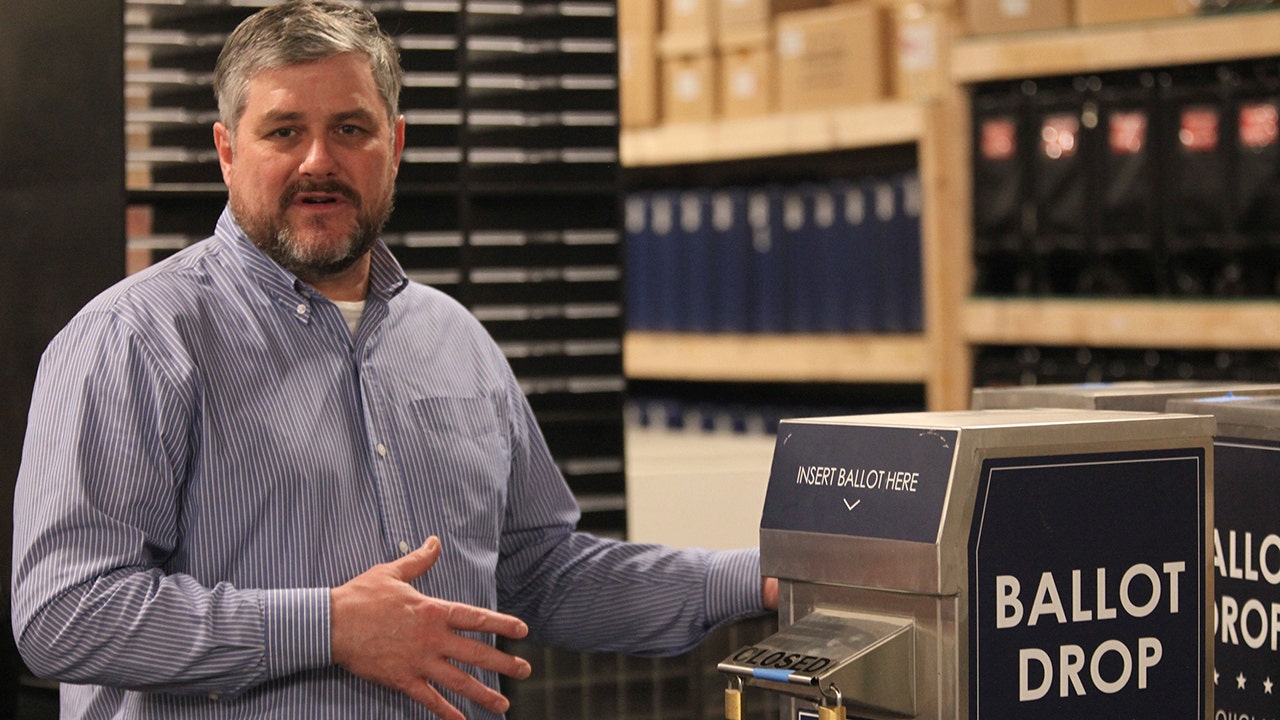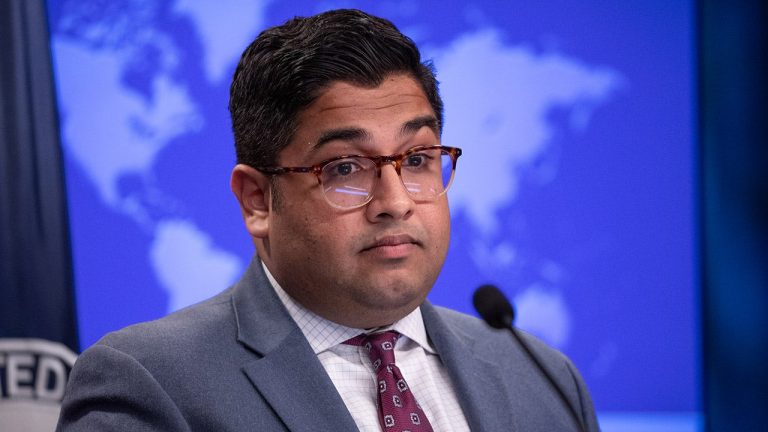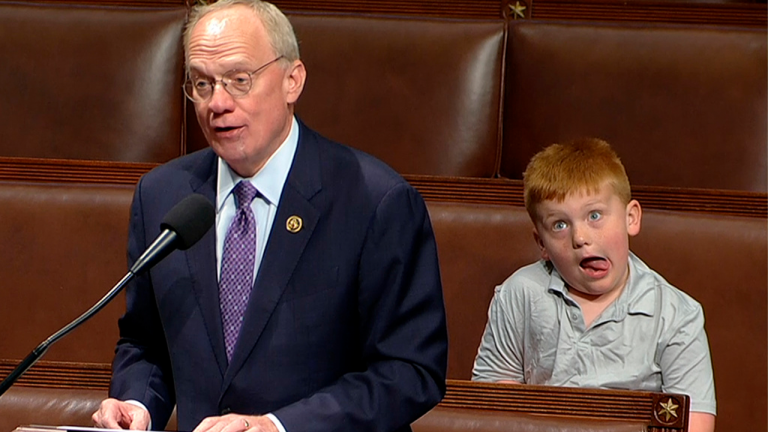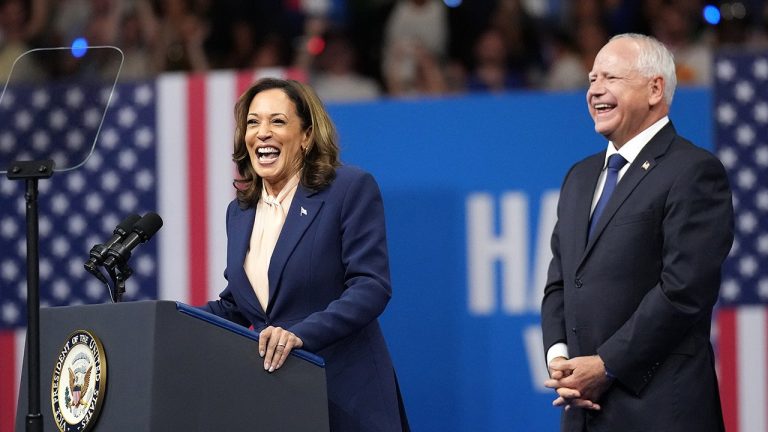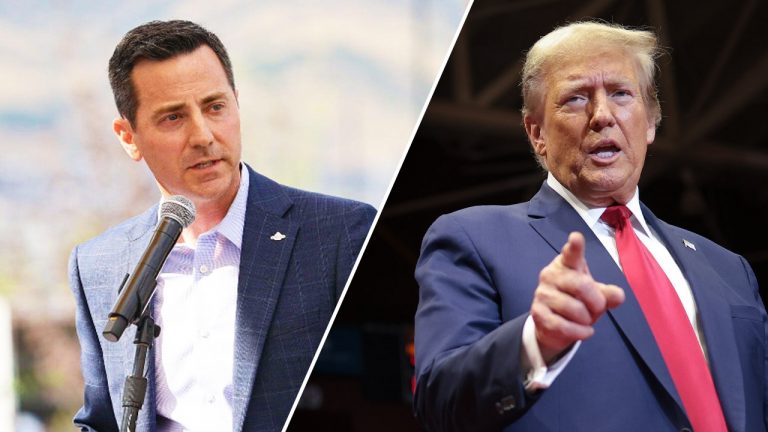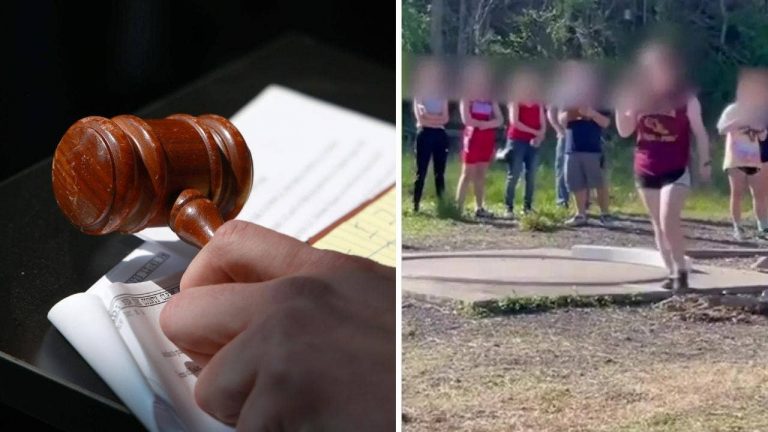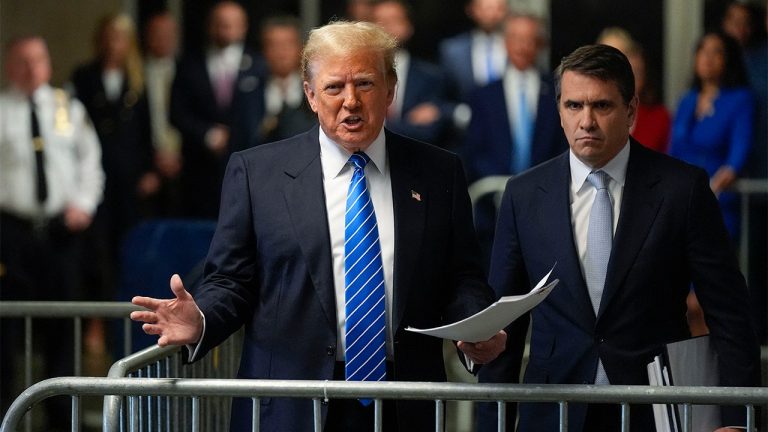What does the Kansas Supreme Court ruling mean for voters?
Kansas Supreme Court Rules Voting is not a Fundamental Right in State Constitution
Last week, the Kansas Supreme Court issued a split ruling in a lawsuit over a 2021 election law, stating that voting is not considered a fundamental right outlined in the state Constitution’s Bill of Rights. This decision has sparked controversy and debate, with dissenting justices expressing strong opposition to the majority’s ruling. Let’s dive deeper into what this ruling means for Kansas residents and the future of elections in the state.
Overview of the Ruling
The ruling addressed various lawsuits challenging different aspects of a 2021 election law passed by the Kansas Legislature. One of the key components of the law involved a ballot signature verification measure, which required election officials to match signatures on advance mail-in ballots with voters’ registration records. The majority of the court, led by Justice Caleb Stegall, concluded that there is no explicit right to vote enshrined in the Kansas Constitution’s Bill of Rights.
However, dissenting justices, including Justice Eric Rosen and Justice Melissa Taylor Standridge, vehemently opposed this interpretation, arguing that previous Kansas Supreme Court precedent supported the notion of a fundamental right to vote. They criticized the majority’s decision as a betrayal of constitutional duty and raised concerns about the potential implications of denying a fundamental right to Kansas citizens.
Impact of the Ruling
One of the immediate consequences of this ruling is the possibility of state lawmakers imposing further restrictions on advance voting and mail-in ballots. Jamie Shew, an election officer for Douglas County, expressed concerns about the confusion and anxiety among voters due to the frequent changes in election laws. He emphasized the importance of ensuring that voters understand their rights and do not feel discouraged from participating in the electoral process.
Since the passage of the 1965 Voting Rights Act, election laws had remained relatively consistent until recent years, when legal challenges and changes in federal legislation disrupted this stability. The ongoing disputes over voting rights in various states, including Kansas, reflect a broader national debate about the integrity of elections and the accessibility of voting.
Background and Context
The passage of the 2021 election law by the Republican-controlled Legislature, despite opposition from Democratic Governor Laura Kelly, underscores the partisan divides over voting regulations in Kansas. The contentious debates surrounding the validity of the 2020 presidential election fueled these legislative changes and subsequent legal battles. Similar conflicts over election laws have emerged in other states, highlighting the polarized nature of contemporary American politics.
Future Outlook
As election officials like Jamie Shew strive to uphold voting laws and promote public awareness, the role of the judiciary in safeguarding voting rights remains crucial. Justice Dan Biles, in his dissent, emphasized the importance of ensuring consistent and reliable implementation of election procedures, particularly concerning signature verification requirements. Moving forward, the debate over voting rights and election laws is likely to persist, shaping the landscape of democracy in Kansas and beyond.


